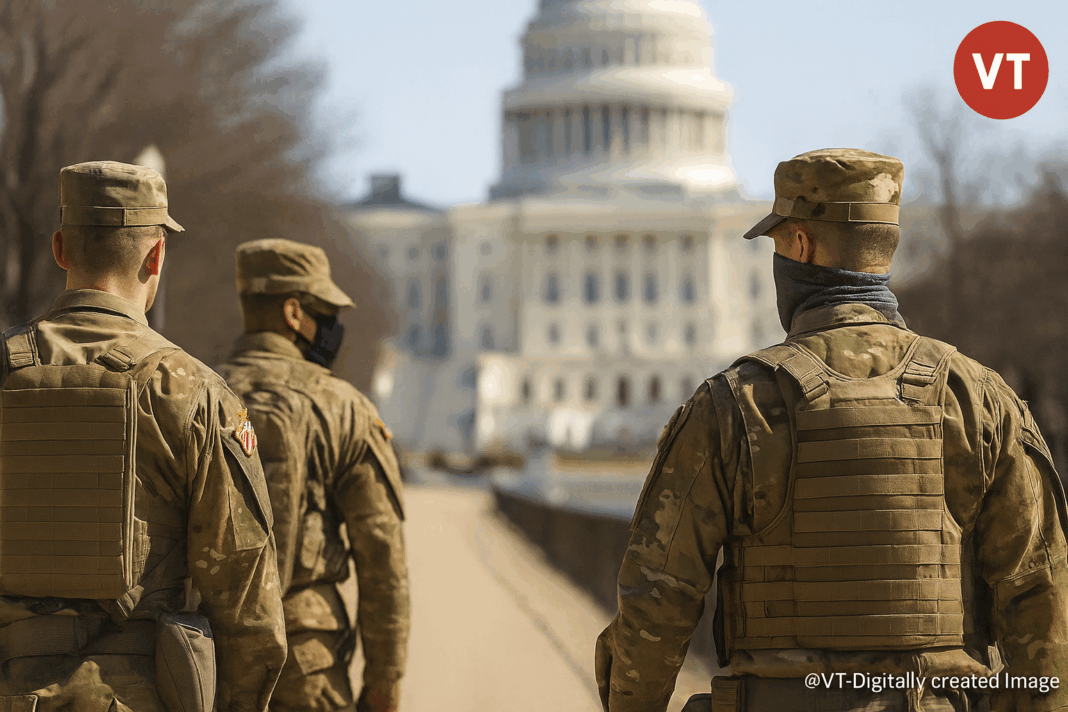President Donald Trump’s decision to place D.C. policing under federal control has heightened public anxiety — and for good reason. Moments like this test the balance between security and civil liberties. The core point for residents is simple: your constitutional protections still apply. That includes the right to remain silent and the right to record officers, according to WTOP.
What Hasn’t Changed
Your basic rights did not shift with the change in command. People approached by law enforcement still have the right to remain silent and to decline to answer questions about where they are going or what they are doing — a point civil liberties lawyers have stressed in recent days, as reported by WTOP. If you are not under arrest, you may ask, “Am I free to leave?” and calmly walk away if the answer is yes.
Recording Police Interactions
Residents may record local or federal officers performing their duties in public, provided they keep a safe distance and do not interfere, as reported by WTOP. In practice, that means staying outside of a secured perimeter, keeping your hands visible, and moving back if directed for safety. If you choose to record, a simple statement such as, “I’m not interfering; I’m recording from here,” helps establish your intent without escalating the encounter.
Respect, Safety, and De-escalation
Rights can be asserted firmly and respectfully. Civil rights advocates caution against antagonizing officers — not because your rights are weaker, but because real-world encounters can escalate quickly. The goal is to preserve the record, avoid interference, and keep yourself and others safe, as emphasized by WTOP’s coverage of expert guidance.
Practical Language You Can Use
Clear, consistent phrasing makes a difference in stressful moments. Consider these basics:
- “Officer, am I free to leave?”
- “I don’t wish to answer questions.”
- “I do not consent to a search.”
- “I’m recording from a safe distance and will not interfere.”
Why This Matters Now
Federal oversight changes who is leading on the ground, not the boundaries set by the Constitution. Knowing your rights — and using them calmly — strengthens public trust and accountability. Documentation, when done safely, informs the community and provides a clear record of events. That is especially important in periods of uncertainty about how new directives will be implemented, according to WTOP.
The Bottom Line
Federal control does not erase constitutional limits. Understand your rights, practice calm, clear language, and keep a safe distance if you document police activity. This is how communities protect both safety and liberty during a period of heightened enforcement.
Note: This commentary is general information for readers and not legal advice for any specific situation.
Follow Virginia Times for regular news updates. Stay informed with the latest headlines, breaking stories, and in-depth reporting from around the world.
Freelance Writer














